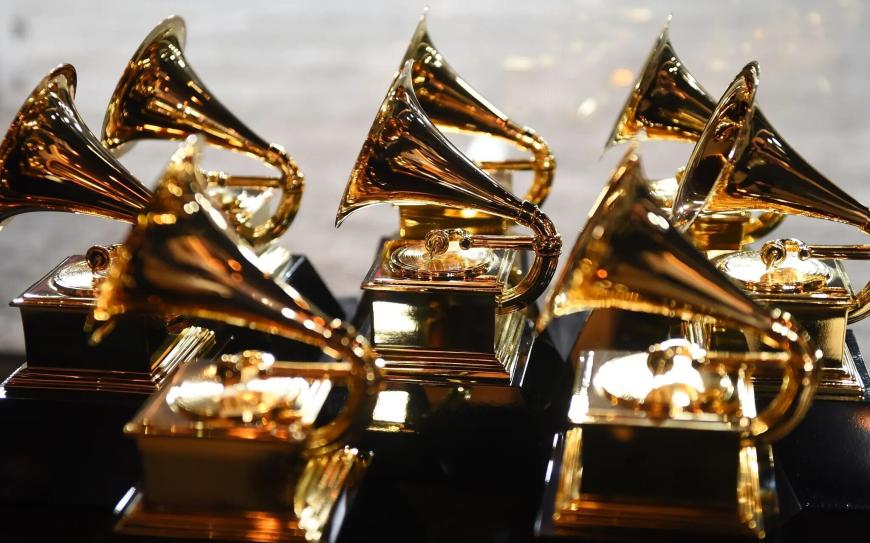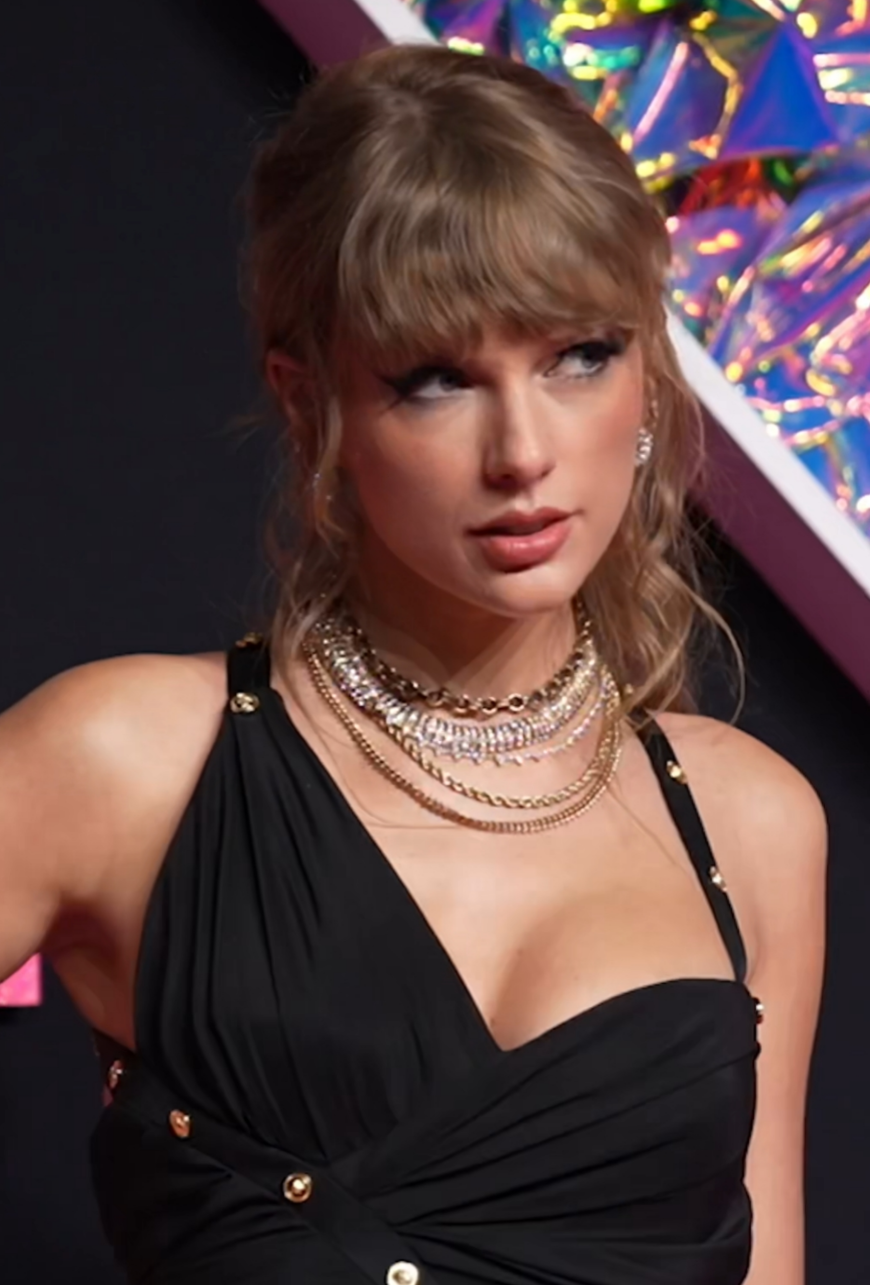
In another sign of the slow recovery of the arts from the worst of the COVID-19 pandemic, the 2024 Grammy nominations are a bit better balanced, not as totally pop- and rock-dominated as in recent years.
The 66th award ceremony will take place on Sunday, Feb. 4, 2024, at Crypto.com Arena in Los Angeles and will be televised on CBS.
The focus is still on the biggest crowd-pleasers: SZA leads with nine nominations for her album SOS, followed by multiple nominations for Olivia Rodrigo, Billie Eilish, and the newly minted billionaire Taylor Swift. They represent a general trend of women comprising the majority of nominations for this year’s major awards.
Add Jon Batiste to that list. His “Worship” and World Music Radio are nominated for Record of the Year and Album of the Year, respectively.

If Swift wins for Album of the Year, for which her Midnights is nominated, she will be the first artist ever to receive the award four times. Even the nomination is notable: her sixth in the category, tying her with Barbra Streisand for the most nominations for a female artist.
Also, the short-listing of her hit “Anti-Hero” makes Swift the first songwriter to score seven nominations for Song of the Year, overtaking Paul McCartney and Lionel Richie, who have six each.
Broadway cast albums made a clean sweep of the Best Musical Theater Album category, with no nominations for West End and Off-Broadway recordings. The nominees are Kimberly Akimbo, Shucked, Some Like It Hot, and the revivals of Parade and Sweeney Todd.
But there is also news of classical music, including nominations for Esa-Pekka Salonen and the San Francisco Symphony for Stravinsky: The Rite of Spring in Best Orchestral Performance and Ligeti: Lux Aeterna in Best Choral Performance.
The Rite of Spring was produced by Jason O’Connell. Recording engineers were Jon Johannsen, Denise Woodward, Nick Abreu, and Mary Alafetich, and the mastering and mixing engineer was Mark Willsher.
The Ligeti was also produced by O’Connell. Recording engineers were Johannsen and Woodward, the mixing engineer was John Loose, and the mastering engineer was Michael Romanowski.
Another local nomination is Gordon Goodwin and Raymond Scott’s “Cutey and the Dragon” in Best Instrumental Composition, performed by Quartet San Francisco and the Big Phat Band.
Down at the usual place, on the bottom of the list, are the nominations for classical music:
Producer of the Year, Classical
— David Frost
— Morten Lindberg
— Dmitriy Lipay
— Elaine Martone
— Brian Pidgeon
Best Instrumental Composition
— Lakecia Benjamin, “Amerikkan Skin”
— Ludwig Göransson, “Can You Hear The Music”
— Gordon Goodwin and Raymond Scott, “Cutey and the Dragon”
— John Williams, “Helena’s Theme”
— Edgar Meyer, “Motion”
Best Orchestral Performance
— Adès: Dante, Gustavo Dudamel, Los Angeles Philharmonic
— Bartók: Concerto for Orchestra; Four Pieces, Karina Canellakis, Netherlands Radio Philharmonic Orchestra
— Price: Symphony No. 4, Dawson: Negro Folk Symphony, Yannick Nézet-Séguin, Philadelphia Orchestra
— Scriabin: Symphony No. 2; The Poem of Ecstasy, JoAnn Falletta, Buffalo Philharmonic Orchestra
— Stravinsky: The Rite of Spring, Esa-Pekka Salonen, San Francisco Symphony
Best Opera Recording
— Blanchard: Champion, Yannick Nézet-Séguin, Metropolitan Opera
— Corigliano: The Lord of Cries, Gil Rose, Boston Modern Orchestra Project
— Little: Black Lodge, Timur and the Dime Museum, Isaura String Quartet
Best Choral Performance
— Carols After a Plague, Donald Nally, The Crossing
— The House of Belonging, Craig Hella Johnson, Conspirare, Miró Quartet
— Ligeti: Lux Aeterna, Esa-Pekka Salonen, San Francisco Symphony Chorus
— Rachmaninoff: All-Night Vigil, Steven Fox, The Clarion Choir
— Saariaho: Reconnaissance, Nils Schweckendiek, Uusinta Ensemble, Helsinki Chamber Choir
Best Chamber Music/Small Ensemble Performance
— American Stories, Anthony McGill, Pacifica Quartet
— Beethoven For Three: Symphony No. 6 and Op. 1, No. 3, Yo-Yo Ma, Emanuel Ax, Leonidas Kavakos
— Between Breaths, Third Coast Percussion
— Rough Magic, Roomful of Teeth
— Uncovered, Vol. 3, Catalyst Quartet
Best Classical Instrumental Solo
— John Luther Adams: Darkness and Scattered Light, Robert Black
— Akiho: Cylinders, Andy Akiho
— The American Project, Yuja Wang, Teddy Abrams, Louisville Orchestra
— Difficult Grace, Seth Parker Woods
— Of Love, Curtis Stewart
Best Classical Solo Vocal Album
— Because, Reginald Mobley (soloist), Baptiste Trotignon (pianist)
— Broken Branches, Karim Sulayman (soloist), Sean Shibe (guitarist)
— 40@40, Laura Strickling (soloist), Daniel Schlosberg (pianist)
— Rising, Lawrence Brownlee (soloist), Kevin J. Miller (pianist)
— Walking in the Dark, Julia Bullock (soloist), Christian Reif, Philharmonia Orchestra
Best Classical Compendium
— Fandango, Dmitriy Lipay (producer)
— Julius Eastman, Vol. 3: If You’re So Smart, Why Aren’t You Rich? Lewis Pesacov (producer)
— Mazzoli: Dark With Excessive Bright, Hans Kipfer (producer)
— Passion for Bach and Coltrane, Silas Brown and Mark Dover (producers)
— Sardinia, Chick Corea and Bernie Kirsh (producers)
— Sculptures, Andy Akiho and Sean Dixon (producers)
— Zodiac Suite, Aaron Diehl and Eric Jacobsen (producers)
Best Contemporary Classical Composition
— Thomas Adès: Dante
— Andy Akiho: In That Space, at That Time
— William Brittelle: Psychedelics
— Missy Mazzoli: Dark With Excessive Bright
— Jessie Montgomery: Rounds
Friday’s nominations came as the Recording Academy, which runs the Grammys, continues to deal with problems and a reorganization at the top, with the Academy is still facing a lawsuit over its former chief executive.
An unnamed female instrumentalist accused former CEO Neil Portnow of drugging and raping her, and the suit holds the Recording Academy responsible for failing to investigate her claims. Portnow resigned from the academy in 2019 amid backlash after saying women needed to “step up” to achieve greater recognition in the music industry.




